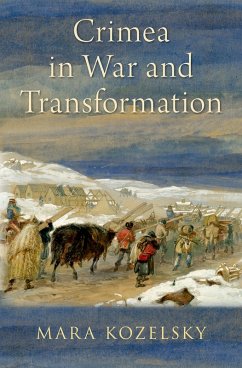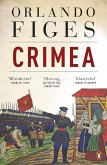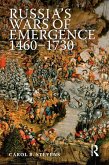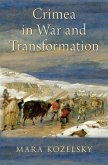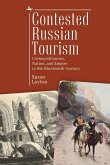Crimea in War and Transformation is the first book to examine the terrible toll of violence on Crimean civilians and landscapes from mobilization through reconstruction. When war landed on Crimea's coast in September 1854, multiple armies instantly doubled the peninsula's population. Engineering brigades mowed down forests to build barracks. Ravenous men fell upon orchards like locusts and slaughtered Crimean livestock. Within a month, war had plunged the peninsula into a subsistence crisis. Soldiers and civilians starved as they waited for food to travel from the mainland by oxcart at a rate of ? mile per hour. Every army conscripted Tatars as laborers, and fired upon civilian homes. Several cities and villages-Sevastopol, Kerch, Balaklava, Genichesk among them-burned to the ground. At the height of violence, hysterical officers accused Tatars of betrayal and deported large segments of the local population. Peace did not bring relief to Crimea's homeless and hungry. Removal of dead bodies and human waste took months. Epidemics swept away young children and the elderly. Russian officials estimated the devastation wrought by Crimean War exceeded that of Napoleon's invasion. Recovery packages failed human need, and by 1859, the trickle of Tatar out-migration that had begun during the war turned into a flood. Nearly 200,000 Tatars left Crimea by 1864, adding a demographic crisis to the tally of war's destruction. Drawing from a wide body of published and unpublished material, including untapped archives, testimonies, and secret police files from Russia, Ukraine and Crimea, Mara Kozelsky details in readable and vivid prose the toll of war on the Crimean people, and the Russian Empire as a whole, from mobilization through failed efforts at reconstruction.
Dieser Download kann aus rechtlichen Gründen nur mit Rechnungsadresse in A, B, BG, CY, CZ, D, DK, EW, E, FIN, F, GR, HR, H, IRL, I, LT, L, LR, M, NL, PL, P, R, S, SLO, SK ausgeliefert werden.

